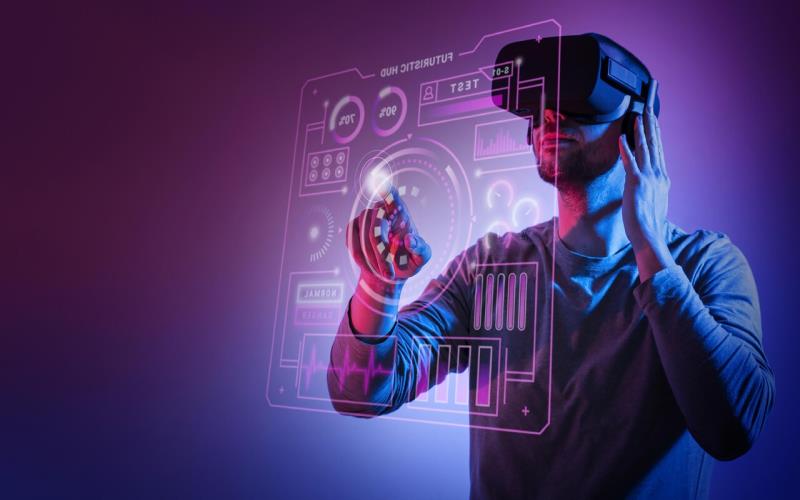Introduction:
In the ever-evolving landscape of entertainment, online slot gacor hari ini gaming has emerged as a cultural phenomenon, captivating millions worldwide. Simultaneously, traditional sports, deeply ingrained in societies for centuries, have found themselves at an intriguing crossroads with the digital age. This article delves into the multifaceted impact of online gaming on traditional sports, examining how these two seemingly disparate realms are influencing and shaping each other.
Shifts in Audience Engagement: The rise of online situs slot gacor gaming has altered the dynamics of audience engagement, particularly among the younger demographic. Traditional sports, once the undisputed kings of live events, are facing increased competition for viewership. The interactive and immersive nature of online gaming, with live-streaming platforms and esports events, has captured the attention of a generation that craves real-time, digital experiences.
Emergence of Esports: Esports, competitive video gaming at a professional level, has burgeoned into a global phenomenon, rivaling traditional sports in terms of viewership and revenue. Games like League of Legends, Dota 2, and Counter-Strike: Global Offensive have amassed massive fan bases, with esports tournaments filling arenas and drawing online viewership numbers that rival traditional sports events.
Crossover Athletes and Influences: The lines between gaming and traditional sports are blurring as athletes from both domains find common ground. Professional athletes have embraced gaming, and some have even entered the world of esports. Conversely, esports personalities and professional gamers have garnered mainstream recognition, influencing traditional sports culture. This crossover highlights the interconnectedness between these seemingly distinct realms.
Innovative Fan Engagement: Online gaming has spurred innovation in fan engagement strategies, influencing traditional sports organizations to rethink their approach. Virtual and augmented reality experiences, interactive mobile apps, and esports-inspired events within traditional sports arenas are becoming commonplace. These initiatives aim to cater to a tech-savvy audience that expects more than passive viewership.
Integration of Gaming Technologies: Traditional sports are incorporating gaming technologies to enhance player performance, training, and fan experiences. Virtual reality (VR) and augmented reality (AR) applications are being used for immersive training sessions, while sports simulation games provide athletes with insights into strategy and gameplay. These integrations showcase the symbiotic relationship between gaming technologies and traditional sports.
Challenges to Traditional Sports: While traditional sports remain integral to global culture, they face challenges in maintaining the attention of younger audiences. Online gaming’s accessibility, global reach, and interactive nature present formidable competition. Traditional sports organizations are under pressure to adapt and integrate digital strategies to stay relevant in an evolving entertainment landscape.
Economic Impact: The economic impact of online gaming on traditional sports is twofold. Esports has become a lucrative industry, attracting significant sponsorships, advertising deals, and investments. Simultaneously, traditional sports leagues recognize the potential of engaging with the gaming audience, leading to partnerships, esports team ownership by traditional sports franchises, and collaborative marketing efforts.
Social and Cultural Shifts: The rise of online gaming has catalyzed social and cultural shifts, challenging traditional notions of athleticism and sportsmanship. Esports athletes, once considered outliers, are now celebrated as legitimate competitors. The inclusivity of online gaming has diversified the definition of a “sport,” leading to a broader acceptance of competitive gaming as a valid form of entertainment.
Conclusion:
The impact of online gaming on traditional sports is profound and multifaceted, reshaping the way audiences engage with athletic competition. The rise of esports, the convergence of gaming and traditional sports cultures, and the integration of gaming technologies have created a dynamic landscape where the two worlds intersect. As traditional sports navigate the challenges posed by the digital frontier, the symbiotic relationship between online gaming and sports continues to evolve, offering new opportunities for innovation, collaboration, and redefining the very nature of what it means to be a sports enthusiast in the 21st century.





